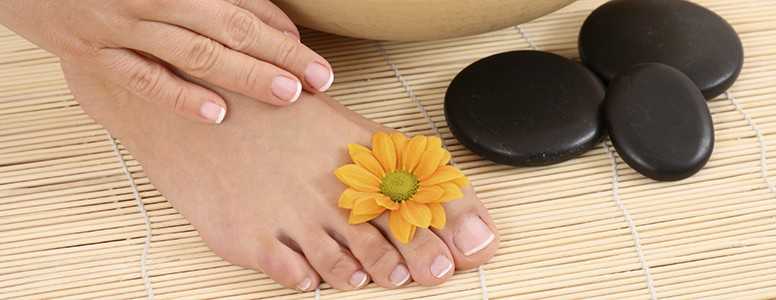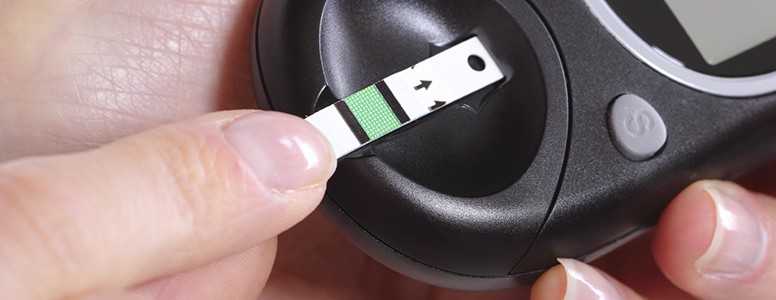Intensive control of blood glucose reduces the risk of amputation in people with diabetic foot syndromen, according to new research.
The study, a systematic review and meta-analysis, examined the findings of a wide range of studies in order to compare the effects of intensive versus less intensive blood glucose control on risk of amputation in patients with diabetic foot syndrome.
What is diabetic foot syndrome?
“Diabetic foot” refers to any symptoms of damage to the foot that arise as a result of diabetes. Typically, this includes some form of neuropathy (nerve damage) and often exacerbated injury as a result of slow wound healing, a common complications of diabetes.
Diabetic foot syndrome affects between three and 30 per cent of people with diabetes, and in 10 to 30 per cent of cases it leads to a foot ulcers. Left untreated, foot ulcers can worsen to the extent that amputation is necessary.
It is essential, therefore, that people with diabetes regularly check their feet for signs of damage, and attend all recommended health checks with their doctor of healthcare team.
How was this study conducted?
In total, the researchers enrolled nine trials, which meant data from a total of 10,897 patients with diabetes. Mean age ranged between 41 and 72 years, and patients were observed for a period of between two and 10 years.
The researchers found that, compared with less intensive glycemic control therapy, intensive control “was associated with decreased risk of amputation, better sensory nerve function, and potentially overall diabetic foot incidence,” the researchers wrote.
The study goes on to say: “Compared with less intensive glycemic control therapy, intensive control may decrease the risk of amputation in patients with diabetic foot syndrome.” However, the researchers noted that “the reported risk reduction is likely overestimated because the trials were open and the decision to proceed with amputation could be influenced by glycemic control.”
The findings are published in the Journal of Vascular Surgery.
What's new on the forum? ⭐️
Get our free newsletters
Stay up to date with the latest news, research and breakthroughs.








